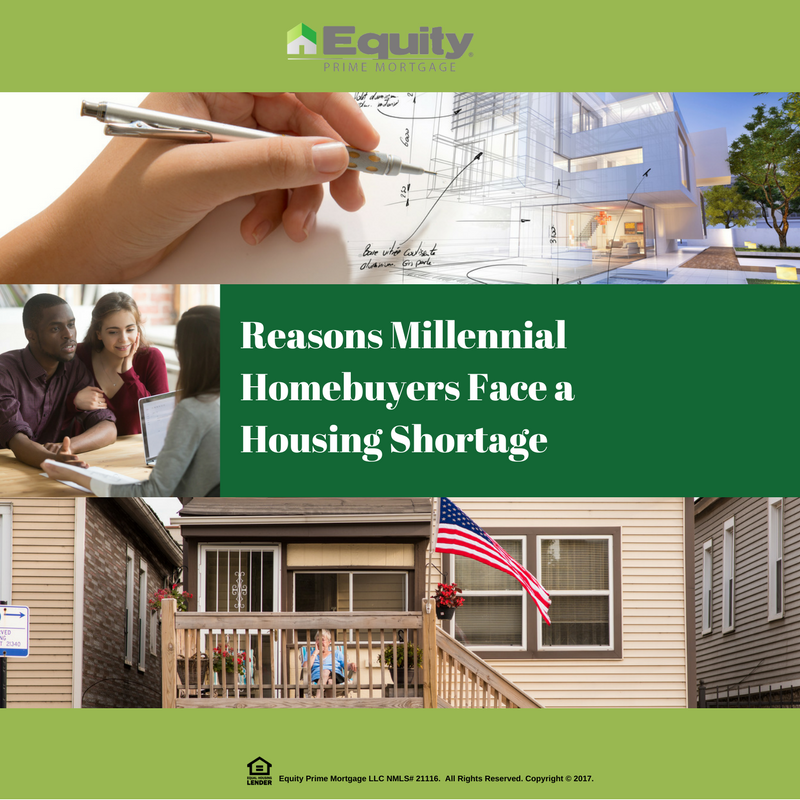Boomers won't budge
Many baby boomers in their 60s and 70s have no desire to sell their homes. By staying put, it means hopeful millennials homebuyers have fewer choices. A realtor.com survey showed that 85 percent of baby boomers who owned their own homes did not plan to budget for the next year. To solve the challenge, millennials often convince their baby boomers parents to sell the family home with the intention to share a house. By looking for multi-generational housing or homes with private in-law suites, it's possible to overcome the challenge. Most multi-generational homes fall in the moderate to luxury home market, which has greater supply.
Landlords lockdown their investments
Another reason for the shortage of homes on the market is the booming rental market. Most landlords don't want to sell their real estate investment properties because of tax advantages and high market rent. During the housing decline, millions of single-family homes became rental homes. According to the Census Bureau, the number of renter households went up from 31 percent to 36 percent in the past 12 years. An idea for millennials is to talk to a landlord about selling a home directly to you without having to go through the hassles of listing and showing the house. Point out any flaws or defects, but offer to buy the home "as is."
Owners like their current low rates
Experts say home owners don't want to sell because they love their low mortgage rates. But low mortgage rates are also appealing to potential buyers. The fact that interest rates will likely go up in the next few years puts the pressure on to buy sooner rather than later. For millennials, the answer is to find a suitable home to lock in on the lower mortgage rates. Consider fixer-upper houses. Instead of buying a dream home, invest in a home that you can turn into your dream home over time.
Builders cater to the wealthier buyers
Although a few builders do keep the first-time homebuyer in mind when building houses, a lot of builders in recent years favored the luxury home market. In fact, 55 percent of the homes built in the first part of 2017 cost more than $300,000. Most aspiring millennial homebuyers look for homes in the $150,000 to $300,000 range. It's difficult for most to step up to the $300,000 mark unless they have a two-income family with higher salaries. Some ideas for overcoming the obstacle is to buy a home with an employed significant other, spouse or relative. It takes two incomes for most to afford the average home today.
Housing experts suggest homebuyers stay realistic about how long it takes to find a home. Ask a real estate agent for realistic estimates based on the current housing market conditions. Also, save up as much money as possible for a hefty down payment. While house hunting, improve your credit score and get ready to place competitive bids. At Equity Prime Mortgage, LLC, we work with first-time millennial homebuyers as well as repeat buyers. For more tips on overcoming obstacles created by the housing shortage, please contact us.




